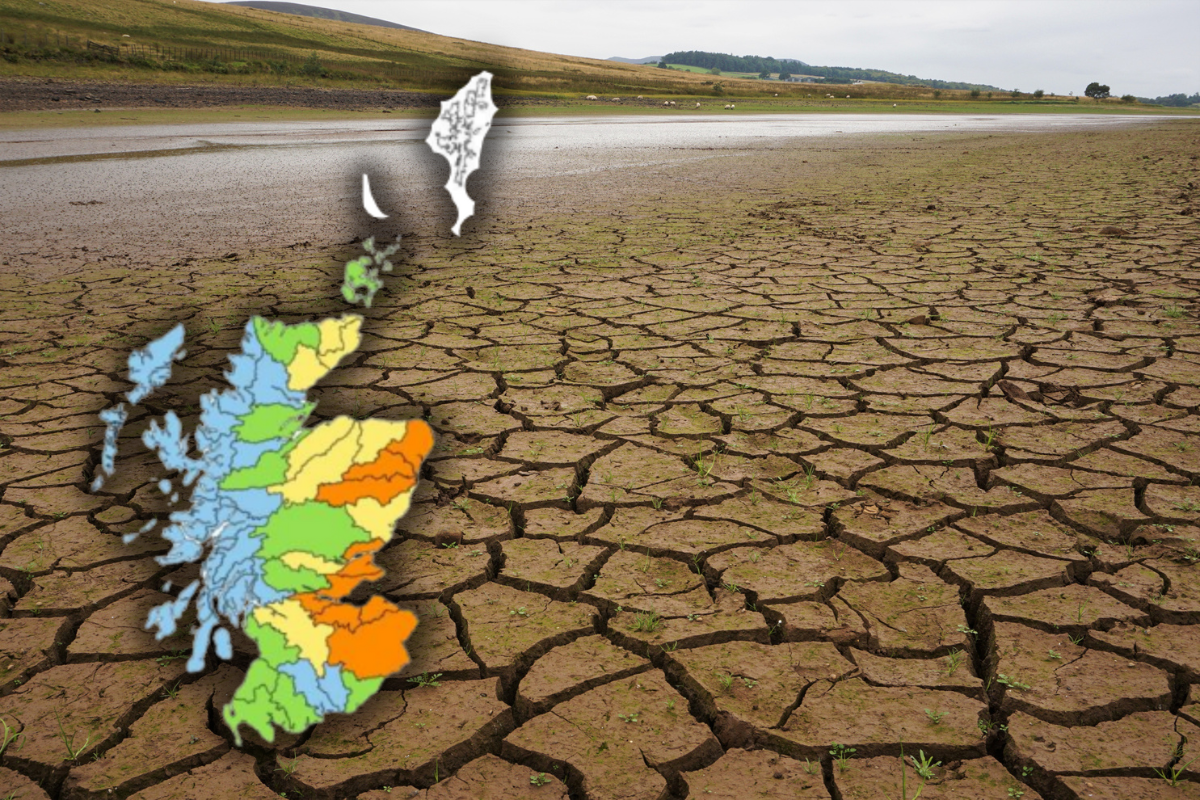
WATER resources are "critical" in the east of Scotland, the Scottish Environment Protection Agency has warned.
Groundwater levels in the east reached a record low and Sepa says conditions are not expected to improve in the near future.
This year was kicked off with the driest January the east of Scotland has seen since 1940 - having a severe impact on water levels.
Sepa's head of water and planning Nathan Critchlow-Watton warned long-term rainfall deficits have made the areas vulnerable to water scarcity.
He said: “Water resources are critical in the east, with groundwater levels the lowest they have been since records began in 2009 and conditions not expected to improve in the short term."
Areas in mid and north Fife are expected to reach the highest water scarcity alert within the next week.
The "significant scarcity" alert grants Sepa the power to impose restrictions on abstraction licences.
Businesses in these areas have already been contacted regarding expected suspensions on extracting water.
However, the environmental regulator assured that restrictions will only be for the minimum amount of time needed.
Sepa has continued to work with industry bodies that depend on water such as hydropower, golf, whisky production and farming.
The National Farmers' Union of Scotland urged farmers to take steps to reduce water use.
Environmental resources policy manager Sarah Cowie said: “Water is a vital resource for the agriculture sector as we cannot produce food without a consistent and plentiful water supply. With significant areas of Scotland experiencing a prolonged dry spell, it’s important farmers take steps to ensure the continued supply of water and avoid disruption.
“Farmers are encouraged to irrigate when, and only as much as, absolutely necessary.
"When irrigating land, they should check equipment isn’t leaking, don’t over spray, and use trickle irrigation where appropriate. We also encourage irrigators to stagger abstractions with other operators in their catchment area, reduce the volume used, and irrigate at night where possible.
"They should consider whether they could switch to using groundwater rather than river water in times of water scarcity. Looking at longer-term resilience, if a new borehole is needed to do this, then contact Sepa.”







